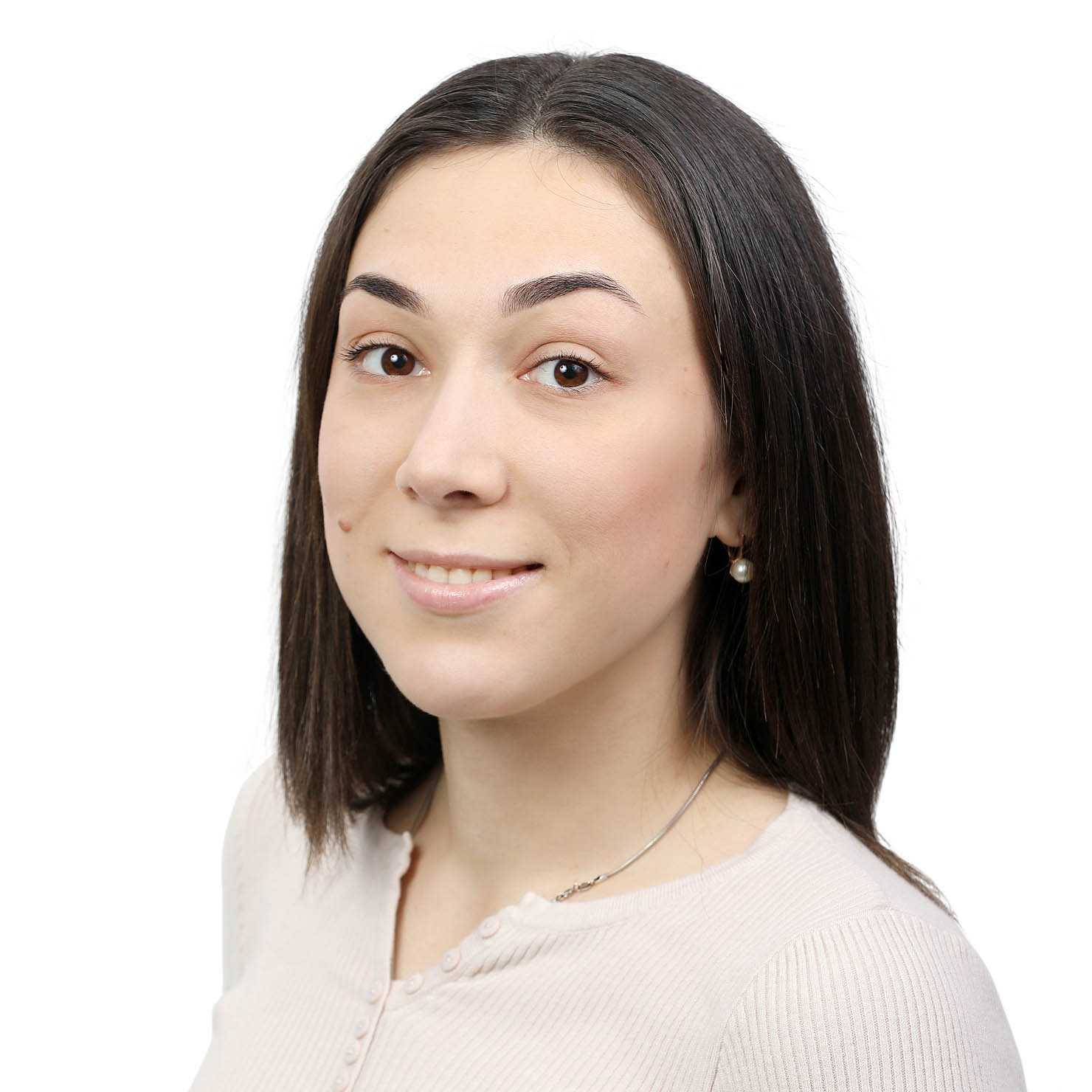How to treat chronic nasopharyngitis in children and adults
Rhinopharyngitis is an acute inflammatory process of the mucous membrane of the nose and the back wall of the pharynx. Symptoms of acute nasopharyngitis: dry cough, stuffy nose, wheezing in the throat, abundant secretions. In some cases, general weakness, headache, chills and sweating are noted. Acute and chronic forms of pathology are distinguished. The first is characterized by bright symptoms and a sudden onset. Chronic nasopharyngitis is a consequence of an underdeveloped acute form with mild manifestations.
Causes of the disease:
- viruses (adenovirus, rhinovirus, coronavirus, ECHO viruses);
- bacteria (streptococci, staphylococci, mycoplasma, chlamydia);
- irritants are the main cause of allergic rhinopharyngitis.
Favorable factors are hypo- and vitamin deficiency, poor nutrition, hypothermia, reduced immunity. Difficult nasal breathing, atmospheric air pollution, and chronic diseases of the upper respiratory tract contribute to the development of the disease. Viral rhinopharyngitis during pregnancy is most often caused by bacteria. The sources are carious teeth, sinusitis, rhinitis.
Types of inflammatory process
Acute nasopharyngitis begins suddenly. The main manifestations are dryness of the mucous membrane, nasal congestion, itching in the throat, impaired sense of smell. The patient complains of abundant serous discharge from the nose. Without timely treatment, the discharge becomes purulent.
Chronic inflammatory process is a consequence of incomplete acute rhinopharyngitis. The clinical manifestation of the disease will be a lack of smell and difficult nasal breathing. Temperature and cough in chronic nasopharyngitis are usually absent.
The symptoms of the allergic form are similar to the manifestations of acute nasopharyngitis. Nasal congestion, swelling of the mucous membranes, snoring, serous secretions are the body's reaction to an irritating substance.
Symptoms and treatment of nasopharyngitis in children
The incubation period of the disease is from one to three days. However, the first signs make themselves felt already on the first day. If the child is fussy and refuses food, often sneezes and coughs, seek help from a pediatrician. After the examination, the doctor will draw up a treatment plan and give advice on caring for the baby. Timely treatment will help to avoid many complications.
Clinical manifestations of acute nasopharyngitis:
- hoarseness of the voice and snoring in the throat;
- abundant white discharge from the nose;
- sneezing, lacrimation;
- high temperature;
- enlargement of lymph nodes.
Treatment of nasopharyngitis in children consists of antiviral drugs, oil drops for instillation in the nose, antiseptic sprays for throat irrigation and antihistamines. Inhalation for catarrhal nasopharyngitis in a child is recommended for thick discharge from the nose and cough. The procedure is contraindicated in case of high temperature and presence of purulent secretions.
Complications:
- chronic nasopharyngitis;
- sinusitis, nasopharyngeal abscess;
- otitis;
- bronchitis with an asthmatic component;
- pneumonia.
Children with weakened immunity and the presence of chronic diseases are most prone to the development of complications.
Clinical manifestations in adults
The symptoms of the disease are in many respects similar to the manifestations of rhinitis and pharyngitis. The main symptoms of the viral form:
- dry mucous membranes;
- hinging in the throat, hoarseness of the voice;
- viscous discharge;
- painful sensations in the ears;
- subfebrile temperature;
- increase in cervical and occipital lymph nodes.
The allergic form of the pathology is characterized by nasal congestion, cough, swelling of the mucous membranes, and redness of the throat. On our site https://dobrobut.com/ you will find more information, in particular, which drugs are most effective for atrophic rhinopharyngitis.
Methods of confirming the diagnosis of subatrophic rhinopharyngitis
After examining the patient and collecting the anamnesis, the ENT will prescribe additional examination methods: general blood test and mucus analysis, endoscopy, X-ray, tomography of the nasopharynx and sinuses. To confirm the diagnosis of subatrophic rhinopharyngitis, consultation of a gastroenterologist may be required in some cases. We are talking about an allergic form of the disease.
How to treat chronic nasopharyngitis
The main goal of treatment is to eliminate infection (viruses) and normalize nasal breathing. Drug therapy, physiotherapy and traditional medicine recipes will help to do this.
Antibiotics for rhinopharyngitis in adults - amoxicillin, azithromycin, cefadroxil. Antiviral drugs, antiseptics, antihistamines, and nose drops will complement the therapy. In severe cases with a chronic form of the disease, doctors recommend local corticosteroid drugs.
The patient is recommended bed rest, plenty of drinking, easily digestible food and vitamin therapy. Rinsing the nose, gargling with decoctions of herbs, inhalations and physiotherapeutic procedures will be a good addition to medical treatment.
How to treat nasopharyngitis in babies? For washing the nose, pediatricians recommend using saline solution and drops based on sea water. A small "pear" with a rubber tip will help remove mucus. During the consultation, the doctor will tell you in more detail about the features of treating babies and tell you how to treat chronic rhinopharyngitis.
Prevention
By following the simple recommendations of doctors, you can avoid rhinopharyngitis and its numerous complications.
Advice of an otolaryngologist:
- timely treatment of viral and infectious diseases;
- rational nutrition and compliance with the drinking regime;
- prophylactic intake of vitamin-mineral complexes in the spring-autumn period;
- vaccination against influenza;
- use of oxolin ointment in winter;
- compliance with the rules of personal hygiene;
- strengthening of immunity.
Related services:
Children's otolaryngology



















